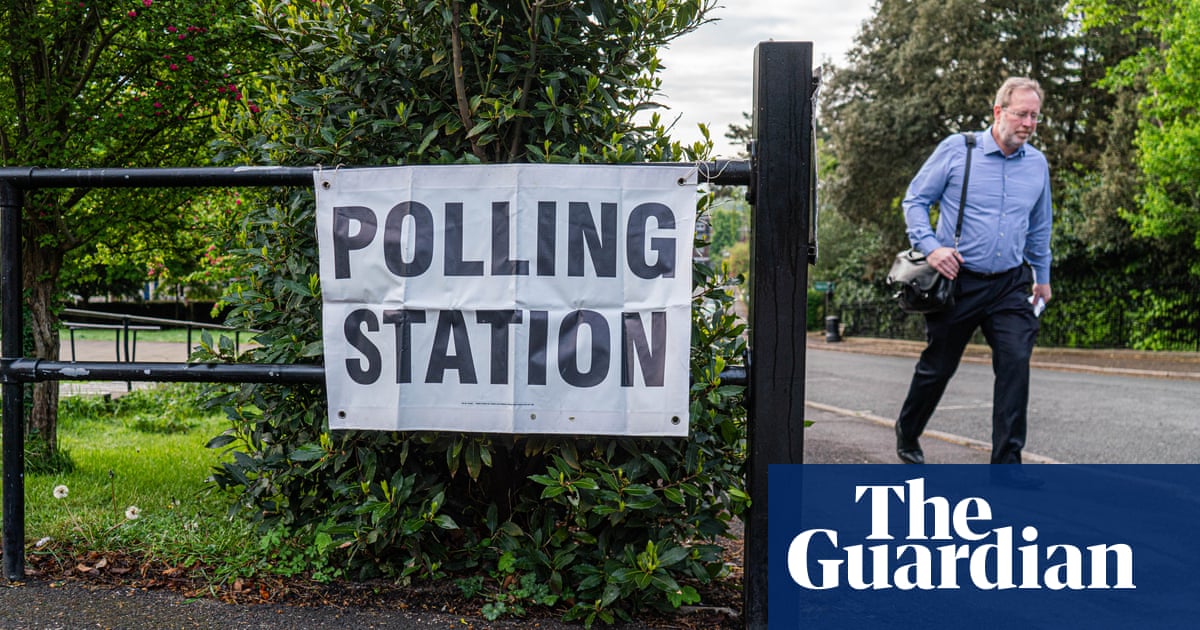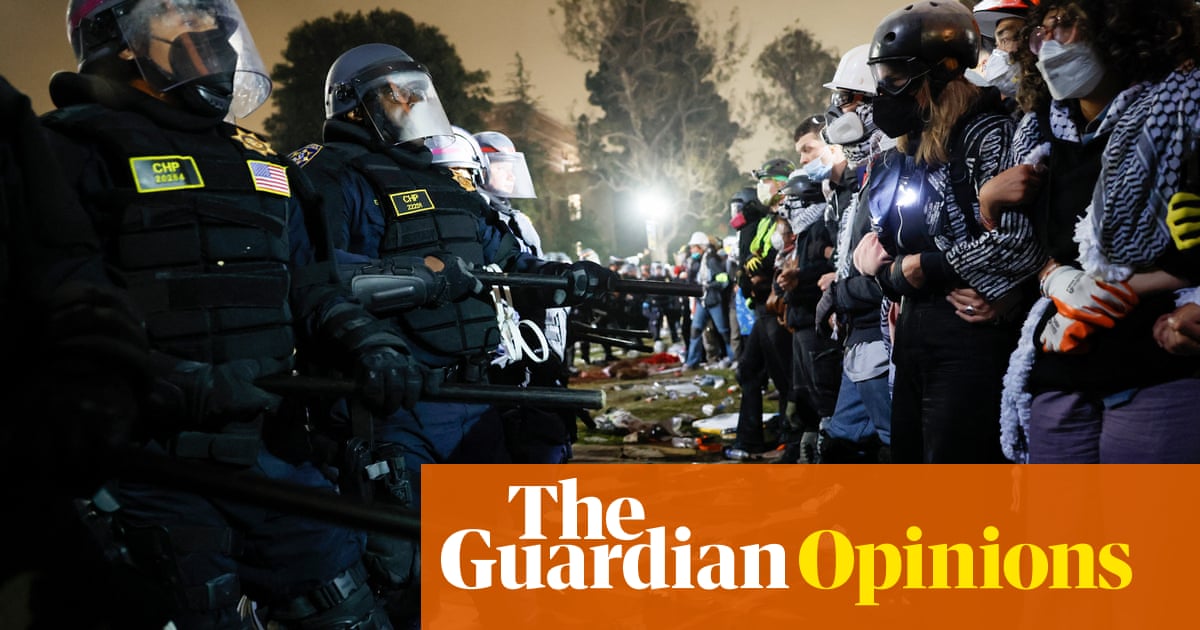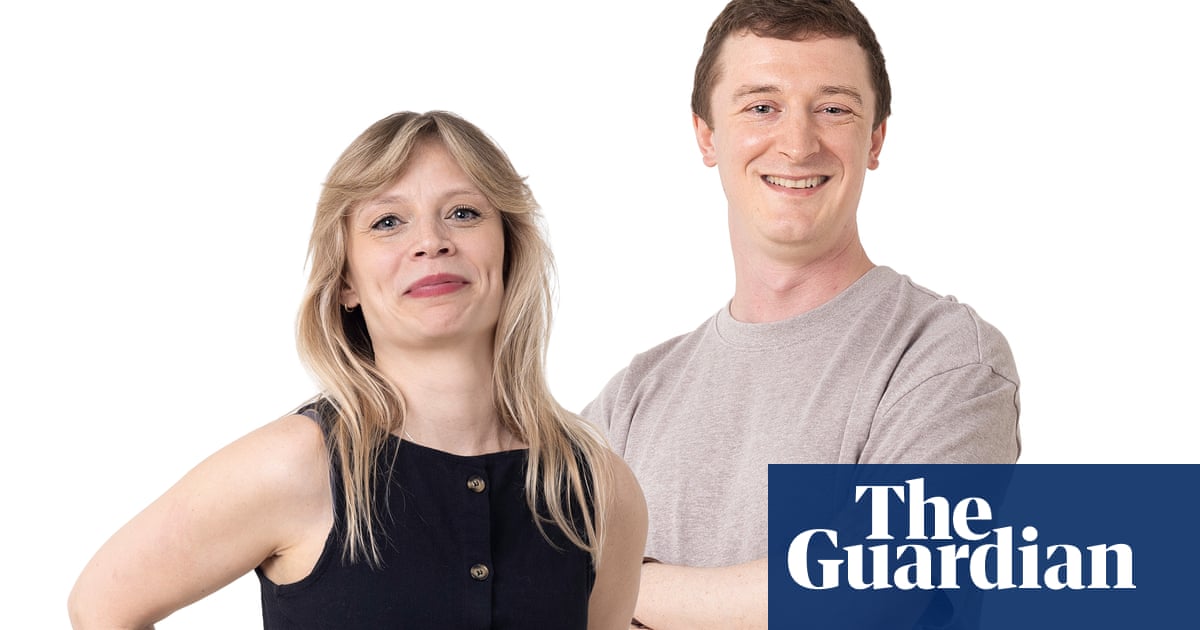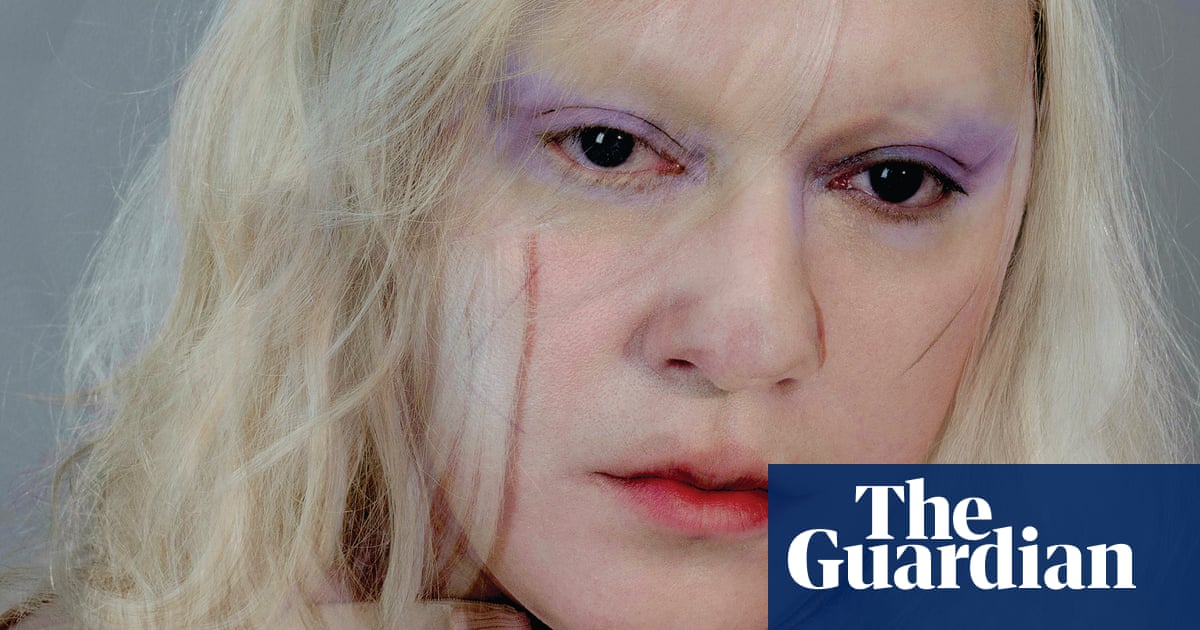Zoe Williams argues that fascism’s gradual arrival induces a sense of paralysis (The new world order is exactly what it looks like. Are we too frozen with fear to name it?, 17 February). Her words immediately brought to mind the “smoky room experiment”.
In this study, when a person is alone in a room that begins to fill with smoke, three-quarters raise the alarm within minutes. Yet, when surrounded by others who remain passive, only 10% take action. This is the “bystander effect”, identified by Latané and Darley in the 1970s, which reveals how a silent, unresponsive crowd can stifle our instincts – even when our own lives are at stake.
I often reference this experiment when discussing climate change, urging people to voice their fears to friends and colleagues. The same principle applies when fascism begins to creep in around us. Trusting your instincts, naming the threat and sharing your fears isn’t just cathartic – it’s empowering. It might even save your life.
Dr Caroline Vincent
London
Zoe Williams is so right. I worked as a psychotherapist at the Holocaust Survivors’ Centre in Hendon from 1990 to 2000. For 10 years I listened to my clients talking about their experiences of a world that turned from normal to nightmare in a matter of months. They survived Auschwitz and other death camps while their families were murdered by the Nazi death process. This kind of work leaves one with a very clear and specific understanding of fascism and nazism.
When we watched Donald Trump’s inauguration, and witnessed Elon Musk parading Hitler-like around the stage before throwing his arm into the air in that familiar salute, I was dumbstruck for a brief moment. I thought, wait a minute, has he just made a Nazi salute? I had to rewatch three times before my brain would allow me to fully recognise it for what it was.
This was the moment I knew the Trump train had lurched into a new order. Zoe Williams is right. We can’t stand by and watch, incredulous. We need to say loudly what this is.
Paul Goldreich
Eastbourne, East Sussex
I was thrilled to see Zoe Williams mention the little-known book by Charlotte Beradt – The Third Reich of Dreams – to help us understand why we might be so passive in resisting dictators. I came across the book in the early 80s and had it republished in 1986. It is being re-republished in April. The author collected dreams from ordinary people in Nazi Germany between 1933 and 1939. What makes the book so relevant is that the dreams show how we might consciously despise a totalitarian regime, but there is a part of us that wants to belong and be accepted, which explains a passivity, or even collusion.
So, for example, a dream is related in which the dreamer sees people from his balcony goose-stepping and thinks how ridiculous and then finds himself joining them and noticing how good that felt. Or a Jewish doctor saves Hitler’s life and feels pleased he is being acknowledged. In our unconscious we might be more complicit in allowing the likes of Trump than we realise. Beradt found that the only people who did not have such ambivalent dreams were those who were active in opposing the regime. Perhaps we can all take note.
Robin Shohet
London
To let Zoe Williams’ insightful analogy unspool a little further, the problem with being frozen in paralysis is that we are ready prey, delicate statues quickly shattered with the flick of a finger. We must resist what is quickly becoming a mass palsy, a kind of hypnotic awe at the audacity of it all. We must admit the infection of fascism in our communal organism so that we can cauterise it together. Start with your own sphere of influence, no matter its reach: your friends and your family, for example. Call it fascism, out loud, then encourage yourself and those you love to act in opposition, with decency and intersectional compassion.
Russell Simpson
Helen’s Bay, County Down

.png) 2 months ago
29
2 months ago
29













































